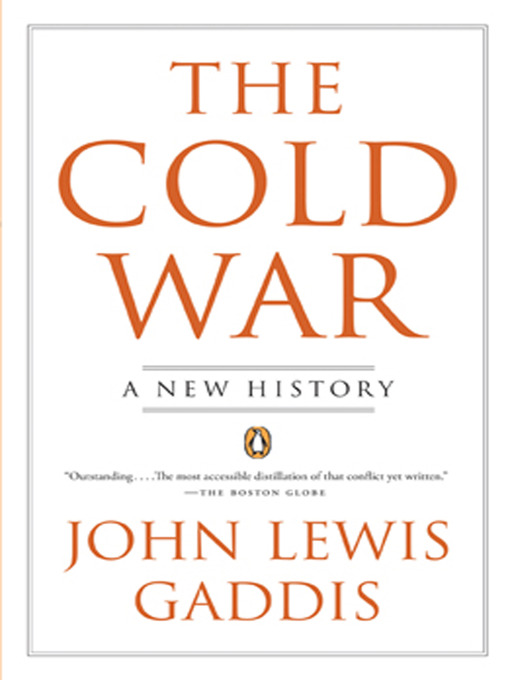- New Ebooks
- Available now
- Most Popular
- Cleveland's Most Popular
- Spanish Language Titles
- Newly Added Kids Titles
- See all ebooks collections
- Most Popular
- Available now
- New to the Collection
- Spanish Language Audiobooks
- Cleveland's Most Popular
- See all audiobooks collections
- Magazines are Back!!!
- Lifestyle
- Technology
- Fashion
- Home & Garden
- Cooking & Food
- See all magazines collections

